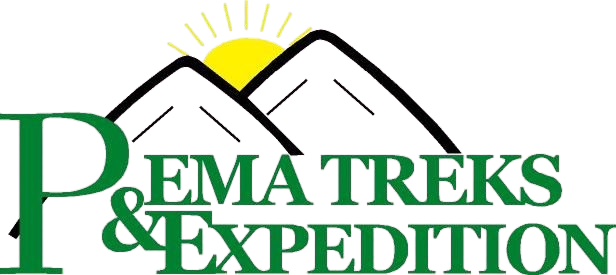FAQs
Frequently Asked Questions
For those who want to spend a quiet vacation, you can explore the main cities of Kathmandu. Sightsee around Kathmandu and make your way to Pokhara with your guide. Visit the many tourist attractions in Pokhara and get some low time in Chitwan in nature.
If this is your first time as a trekker and in Nepal, you can go for popular base camps. The following treks have developed infrastructures and are moderately easy.
Annapurna Base Camp Everest Base Camp Kanchenjunga Base Camp
If you want to explore Nepal’s diverse cultures, you can go for a cultural trek. With over 70 ethnic groups and 60 plus spoken languages, you can entertain yourself with cultural treks all year round.
Cultural Treks
If you are one looking for a real adventure, have a look at our carefully sorted wilderness treks.
Wilderness Trekking
For long hikes, check out the GHT
Great Himalaya Trail
For those who like clear skies and perfect temperature, fall (Oct-Nov) is the best time to visit Nepal and for those who don’t mind a little bit of rain, spring (Apr-May) is the best time. Whereas if you want to experience Nepal’s culture and festivities, Sep-Oct is the ideal time to visit Nepal.
Nepal is a popular destination for tourists and tourism actually makes up most of the country’s GDP. Nepali people are known for their hospitality and the locals will welcome you even when you are smelly, dirty and weary.
Depending on the type of trek, you will need different level of fitness. Expeditions and long hikes will demand you to be more resilient. Whereas, anybody can do moderately easy treks.
Depending on the type of trek, we recommend you to bring suitable clothing and climbing gears. Your trek coordinator will provide you with a list of what to pack once you have made your travel plans. Also, you should bring any necessary medications and personal items.
Yes, you can trek solo. We can provide you from minimum to full support for permits, accommodation and more.
Nepal has a very pleasing weather. It is sunny all year round with wet summers and dry winter.
Except for guide supported treks, you will need good navigation to get around and not get lost. Most people speak in the remote regions speak in their native tongue and speak little to no English. Therefore, GPS is an excellent navigation choice. Another option would be trail maps.
We definitely recommend you to be insured prior your arrival to Nepal and also check its policies. You should make sure that your insurance policies don’t exclude any trek activities. You should check that your insurance covers for the highest elevation you will be at and any activity you will be doing.
